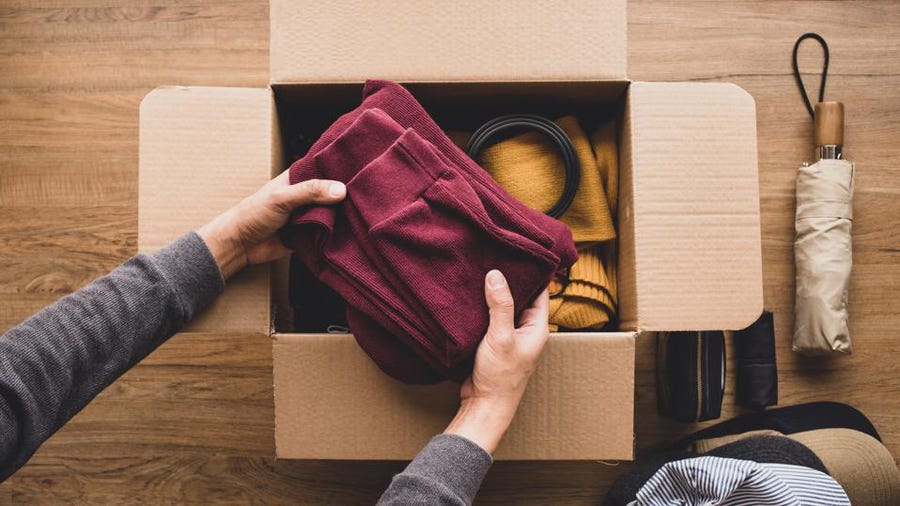
Mindful decluttering
One of the core principles of minimalism is getting rid of the stuff you don’t need and keeping just the things that are really essential.
Yet I reject the feeling of immediate satisfaction that comes from throwing away things carelessly by stuffing them in bags. This strategy comes seem as flimsy and vacuous. Mindless.
In addition, there have been some regrettable effects as a result of Marie Kondo’s new Netflix series’ success. Attempts to keep up with the inflow of the “craze” have been difficult for charity shops throughout the globe, which are overrun.
Dropping boxes off outside your neighborhood thrift store is the simpler option when downsizing your house. Right, out of sight, out of mind?
When I had extra clothing, I used to pack them up and donate them to a local thrift store (which shall remain nameless). Nevertheless, one day as I passed by the shop’s rear, I saw them throwing many bags of donated clothing into a garbage skip.
I conducted some research and discovered another local group that sorts through goods and sends those that aren’t good enough for resale to be converted into rags after I had recovered from the shock and horror of this (fast fashion is the second worst environmental polluter behind oil).
Four reasons to try mindful decluttering
Save the environment. As I have said, one of the most rapidly expanding sources of environmental contamination is textile waste. This issue may be solved by buying used things or from eco-friendly clothing producers (think organic, sustainable material). Making sure that everything we take out of our closet isn’t merely thrown in a skip also matters. Ask your neighborhood used shop what they do with stuff they can’t display on their shelves.
Give to receive. Consider identifying individuals who may need your stuff and giving them to them personally rather than hauling boxes and bags to a store. To be able to brighten someone’s day by giving them something is such an honor and a gift. And it truly is better to give than to get, as the proverb goes. Giving offers an indescribable delight.
Make some money. I like the fact that contributing to neighborhood secondhand stores benefits charities like the Salvation Army and the SPCA, while I’m not suggesting avoiding donations to these establishments altogether. But if you have the time, think about selling your things. Pay off debt or save the money for your next vacation.
Repurpose. I began following the repurposing trends that appeared in my Pinterest feed a few years ago. Some of my favorite projects are shown here. After rejecting products, recycling or repurposing our “waste” is the best course of action. Before recycling something, see whether it can be used again.
Even if you choose to apply this more thoughtful method to 10% of your decluttering, it might have a significant impact on the environment, your financial situation, and your neighborhood.








